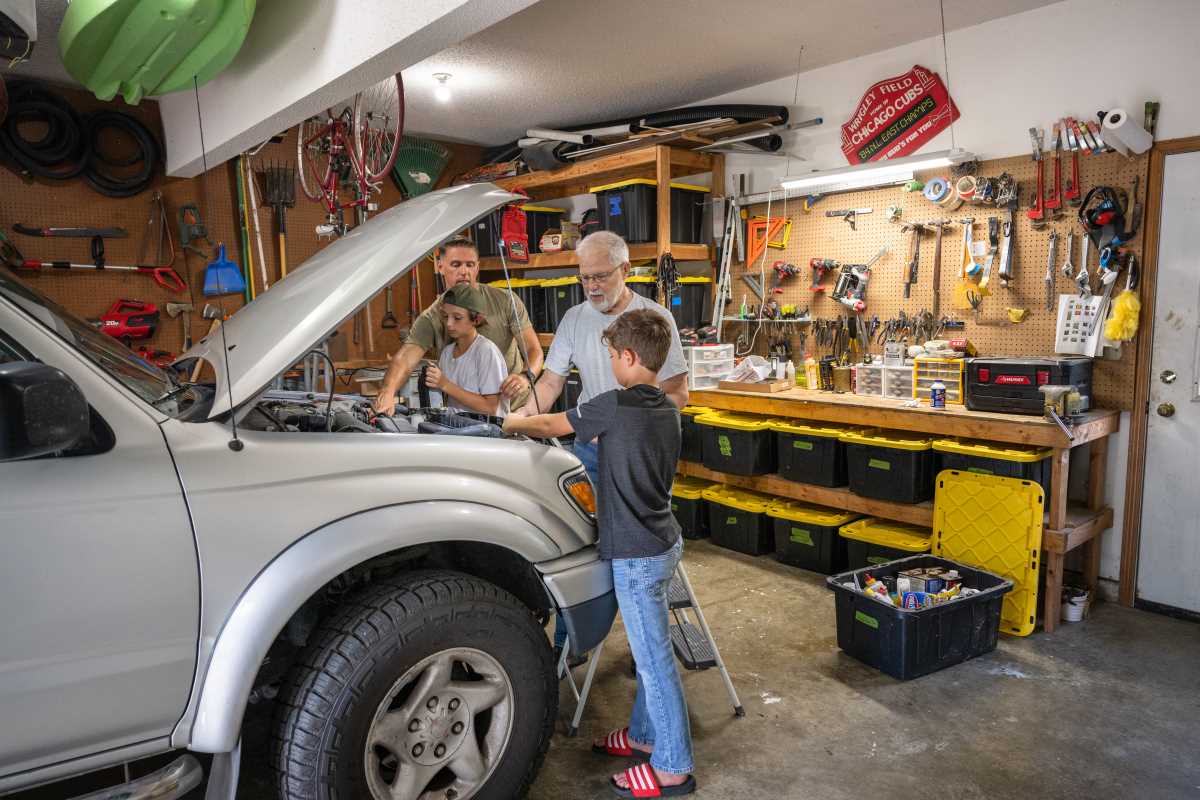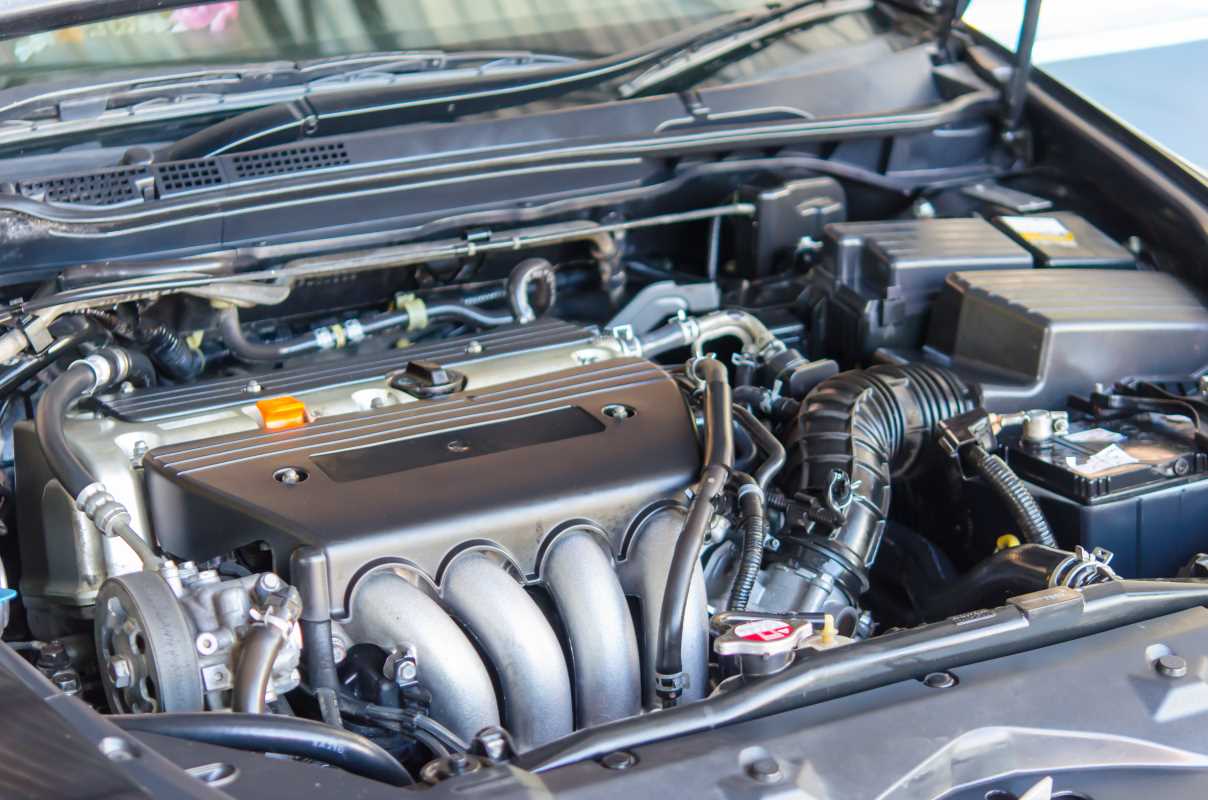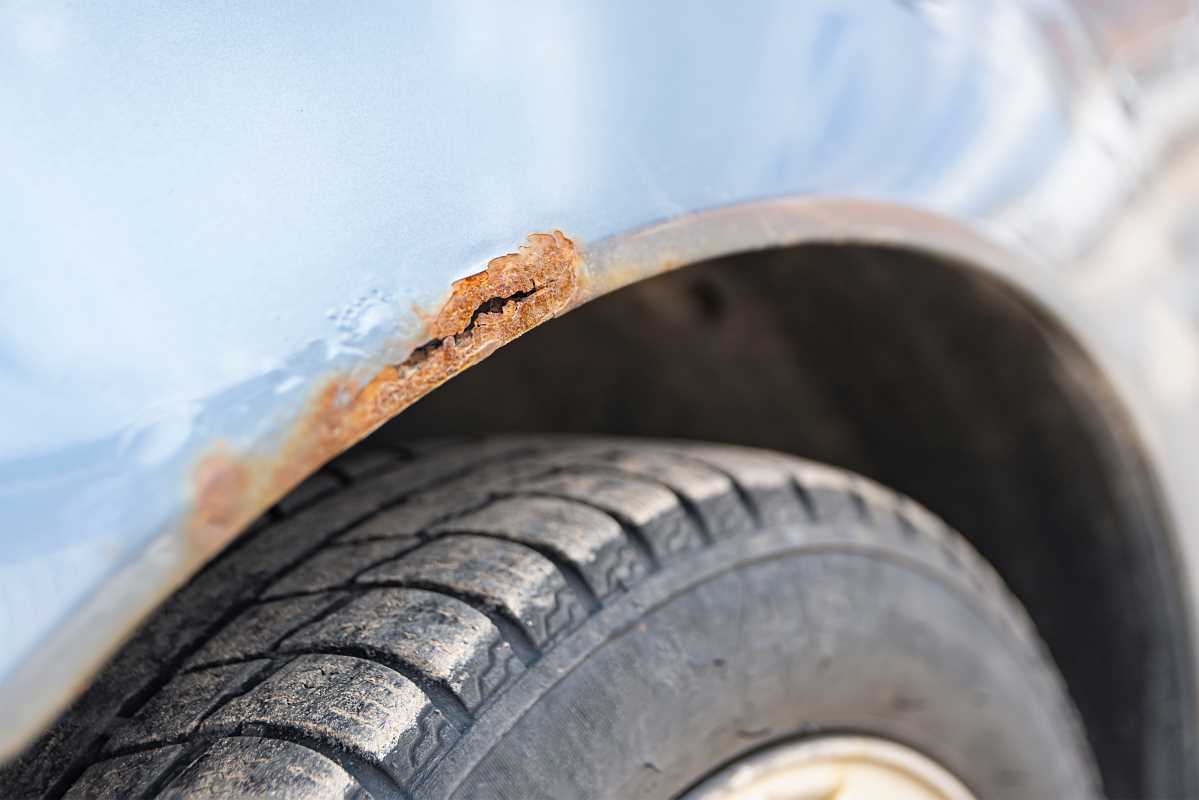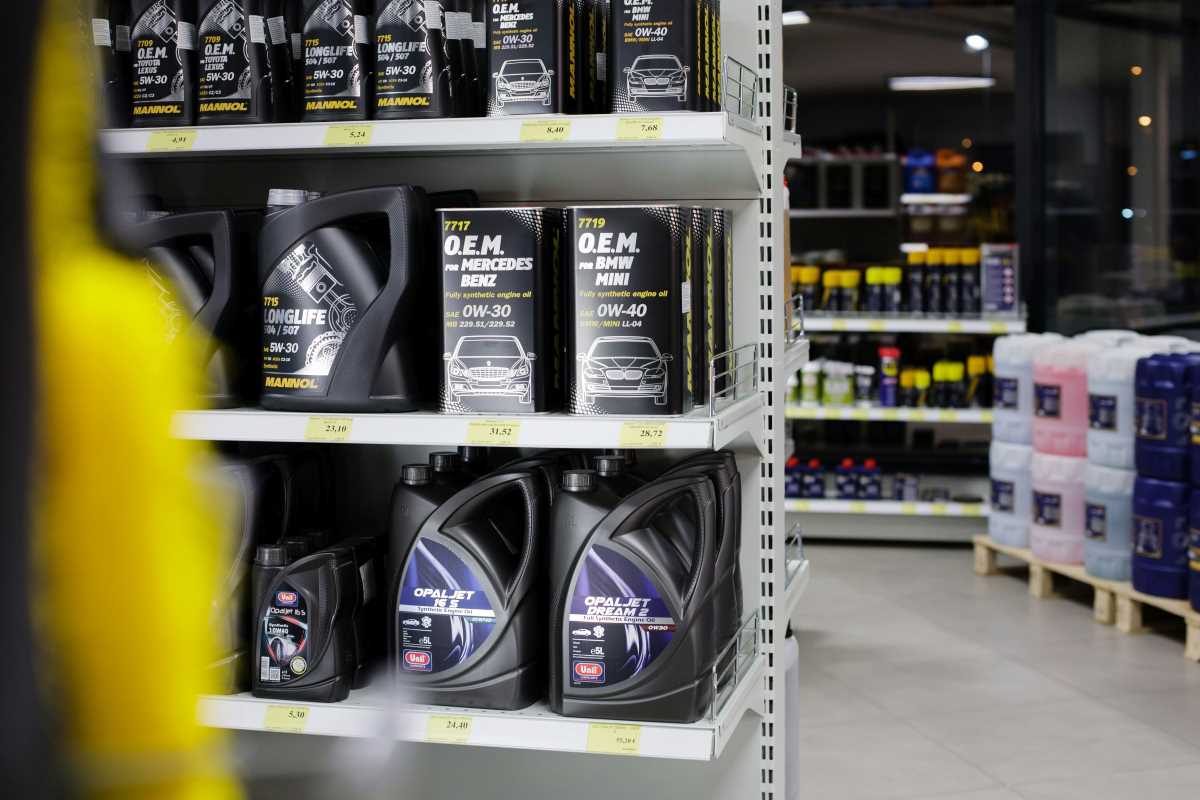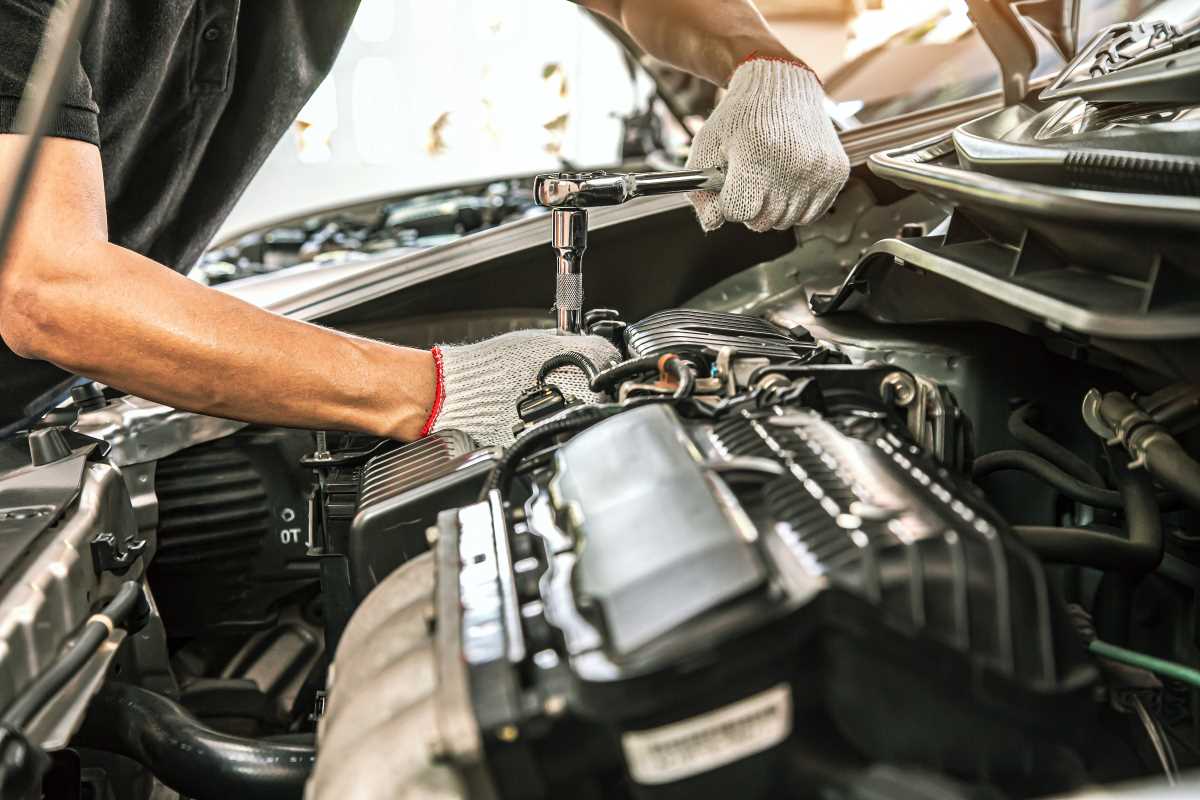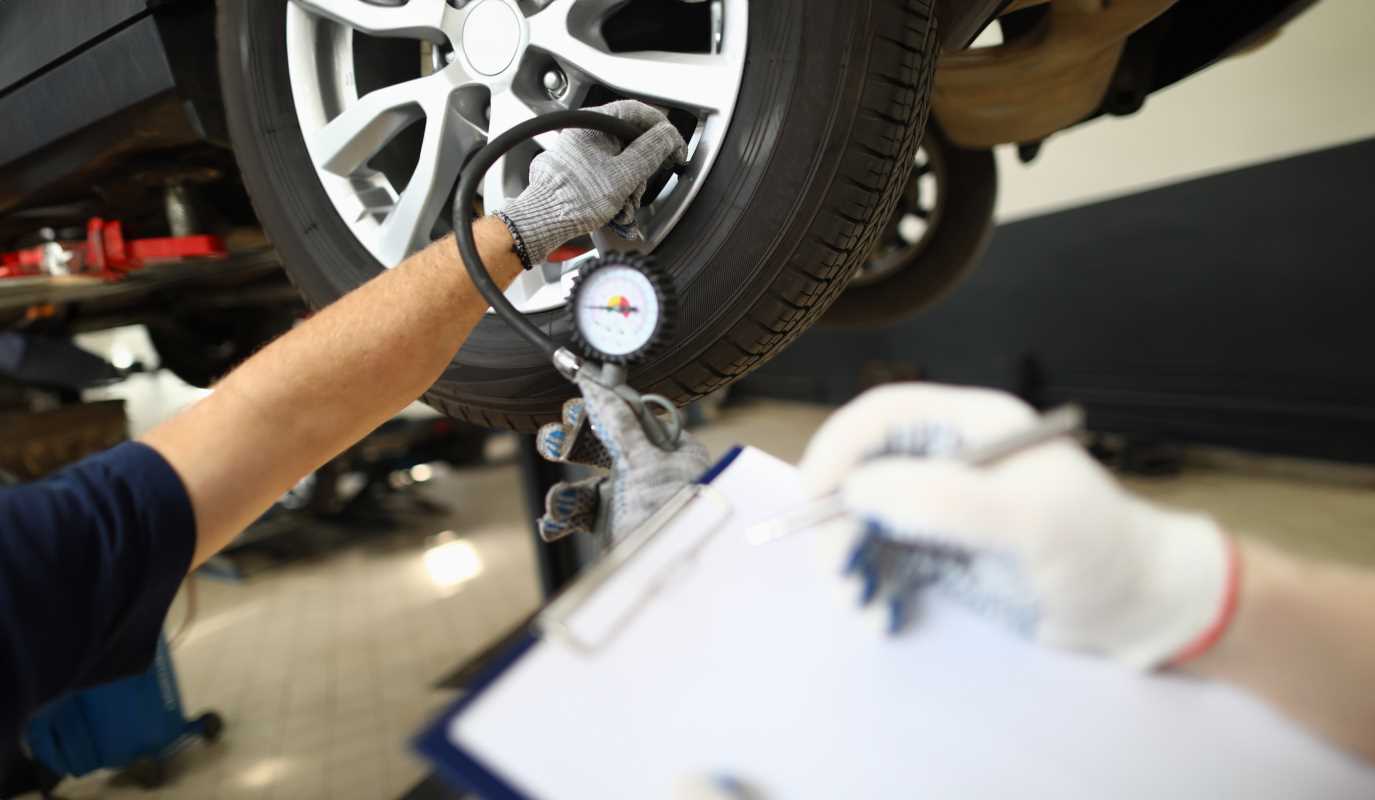Locating a skilled auto professional is like finding a trusted family doctor, and it makes a world of difference for your vehicle’s well-being. This partnership is grounded in trust, technical know-how, and clear conversation, making certain your car receives attentive and proper care without unnecessary expenses. An experienced technician can mean the difference between a simple tweak and a costly, avoidable disaster. The prospect of finding such a dependable expert might feel overwhelming, but it’s a necessary journey for every driver. This guide delivers a structured roadmap, packed with practical steps and thoughtful advice to help you identify a service provider who will keep your ride in top shape for years to come.
Start Looking Before Trouble Strikes
Waiting for a breakdown before searching for help is a recipe for stress-driven mistakes. The wisest approach is to begin this search when your vehicle is running smoothly. Start looking during a routine maintenance appointment like an oil change. This low-pressure experience gives you the perfect opportunity to try out a new workshop, assess their customer service, and observe their workflow without the anxiety of an urgent fix.
During this initial trip, keep an eye out for:
- A tidy, well-maintained workspace, hinting at professionalism and good habits.
- Courteous and knowledgeable staff who respond openly to your concerns.
- Advisors willing to thoroughly explain the work being done on your vehicle.
This simple trial visit offers insightful glimpses into how the establishment runs and cares for its clientele.
Leverage Recommendations From People You Trust
Personal endorsements are a gold mine in your search. While internet reviews have their place, a suggestion from a trusted friend, relative, or coworker who speaks highly of their technician holds extra weight.
Ask those close to you about their service experiences. Look for feedback on specific points:
- Integrity: Did they only recommend repairs that were truly needed?
- Cost: Was the amount due in line with the initial estimate?
- Clarity: Was the diagnosis and solution explained in an understandable way?
- Workmanship: Was everything done properly the first time?
These first-person stories lend an extra layer of assurance that’s tough to find elsewhere.
Use Online Tools to Check Out Local Shops
After your short list is made, seize the power of digital resources to research reputations and qualifications before visiting.
- Browse Reviews: Explore what people are saying on sites like Google, Yelp, or the Better Business Bureau. Read beyond the ratings, and look for trends. One offhand remark isn’t as important as a pattern of complaints or praise.
- Check for Credentials: The ASE (Automotive Service Excellence) badge is a positive indicator of training and commitment. An establishment proudly displaying such achievements signals hardworking and up-to-date technicians.
- Review Websites: A polished, informative site suggests a business that cares about its image and keeps clients informed. Look for details about services, warranties, and the business’s history.
Deciding Between Brand Shops and Independents
You’ll typically find two main choices: branded dealerships or independent garages. Both offer distinct strengths.
Dealership Service Centers
Large brand-specific workshops bring specialized experience to the table. Their staff are trained on particular makes, often leveraging proprietary diagnostics and access to genuine parts.
Advantages:
- Deep familiarity with specific vehicles.
- Regular use of original equipment for repairs.
- Especially capable with complex troubleshooting and covered work.
Drawbacks:
- Labor and parts can cost more than at local garages.
Independent Garages
Neighborhood mechanics, sometimes family-owned, may specialize in a few brands or services. They can provide a personal touch and potentially better value over time.
Advantages:
- Typically kinder on your wallet regarding labor.
- Flexible about using quality aftermarket options.
- Relationship-building with owners and staff is much easier.
Drawbacks:
- Might lack advanced tools for brand-new or highly specialized models.
- The level of service can vary, underscoring the need to vet carefully.
Mastering Questions and Effective Communication
Clear conversation is your greatest asset after selecting a provider. Be prepared with a detailed description of any issue: describe odd sounds (for instance, squeaks or rattles), specify when these occur (like during turns or acceleration), and pinpoint where they seem to originate.
Always request a written cost breakdown before work begins. This should spell out what parts will be used, how time is billed, and any extra expenses.
Consider asking:
- "Could you show me the worn or broken part?"
- "Do you offer any guarantees on repairs and new components?"
- "What repairs are urgent and which ones can wait a bit?"
A solid professional will welcome your questions and want to help you understand the process. On the other hand, feeling dismissed or brushed off is a sign to look elsewhere. With a mix of forward planning, trusted referrals, online research, and open discussion, you’ll be well on your way to finding a dependable partner to keep your vehicle in its best condition for years to come.

